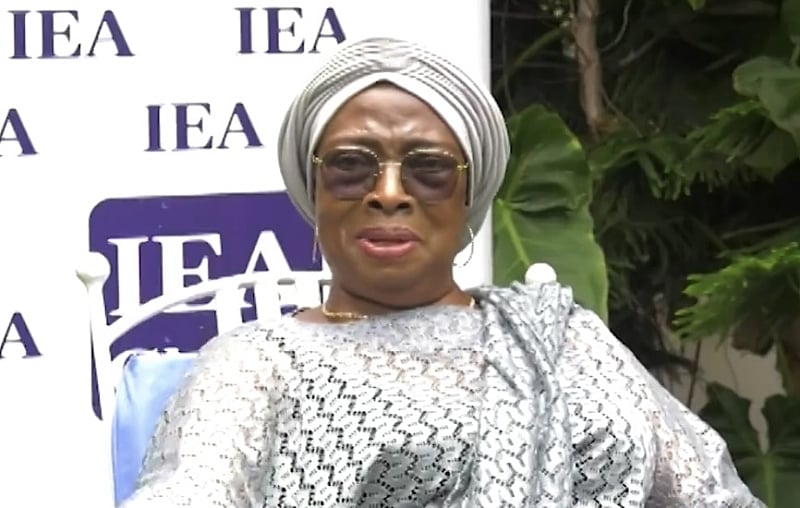The removal of Chief Justice Gertrude Araba Esaaba Torkonoo from office has sparked condemnation and raised concerns about the integrity and stability of Ghana’s judicial system. Former Chief Justice Sophia Akuffo has criticized the process, characterizing it as unnecessarily protracted and detrimental to the judiciary. Justice Torkonoo’s removal, following a five-member committee’s investigation into a petition against her, was based on allegations of financial impropriety, abuse of power, and interference in judicial appointments. However, Akuffo’s critique focuses not solely on the individual case but on the broader implications for the institution of justice. She argues that the process itself has weakened the judiciary, regardless of the specific merits of the allegations against Torkonoo.
Akuffo’s primary concern lies in the perceived inadequacy of Article 146 of the Constitution, which outlines the procedure for removing a Chief Justice. She contends that the process lacks the gravity commensurate with such a significant action, raising questions about the fairness and appropriateness of the mechanism. The relative ease with which a Chief Justice can be removed under the current framework, according to Akuffo, undermines the stability and independence of the judiciary. This vulnerability to external pressures, she argues, weakens the institution’s ability to function as an impartial arbiter of justice.
Furthermore, Akuffo questions the propriety of the communication surrounding Torkonoo’s removal. Specifically, she criticizes the use of the Executive Secretary to the President as the messenger conveying the decision. The perceived lack of decorum in this act, she suggests, reflects a disregard for the stature of the Chief Justice’s office. By having a subordinate official deliver such a weighty message, Akuffo argues, the executive branch demonstrated a lack of respect for the judiciary as a co-equal branch of government. This seemingly minor detail, in Akuffo’s view, speaks volumes about the erosion of institutional respect and the potential for undue influence on the judiciary.
The removal of a Chief Justice is a momentous event with profound implications for any nation’s judicial system. It represents a disruption of leadership, a potential shift in judicial philosophy, and an opportunity for introspection regarding the processes and safeguards surrounding such a critical position. In Ghana, the removal of Justice Torkonoo has ignited a debate about the balance of power between the executive and judicial branches, the robustness of constitutional procedures, and the overall health of the judicial system. Akuffo’s critique highlights the need for careful consideration of these issues to ensure the long-term strength and independence of the judiciary.
The focus on the institutional impact rather than solely on the individual involved is a crucial aspect of Akuffo’s argument. By emphasizing the potential damage to the judiciary as a whole, she elevates the discussion beyond the specifics of Torkonoo’s case and directs attention to the broader systemic concerns. This perspective underscores the importance of ensuring that the mechanisms for removing a Chief Justice are both fair and perceived as legitimate. Otherwise, public trust in the judiciary’s ability to act impartially and without undue influence can be eroded.
In conclusion, the removal of Chief Justice Torkonoo has triggered a significant debate about the procedures, safeguards, and implications of such an action. Former Chief Justice Akuffo’s critique highlights the need for a thorough examination of Article 146 and the broader context surrounding the removal. Her concerns regarding the perceived weakening of the judiciary, the lack of gravity in the removal process, and the perceived disrespect shown in the communication of the decision raise important questions about the balance of power and the long-term health of Ghana’s judicial system. Addressing these concerns is crucial to maintaining public trust and ensuring the judiciary’s continued ability to function as an independent and impartial arbiter of justice.


